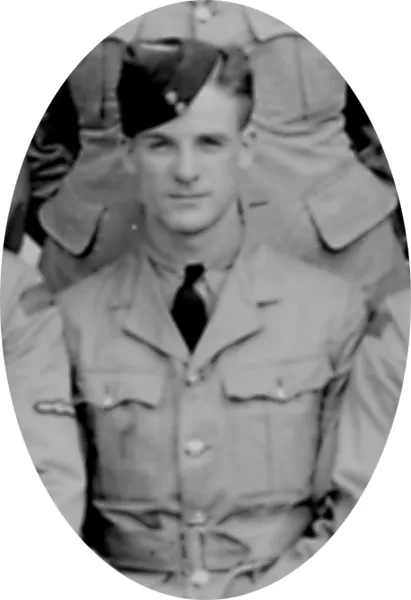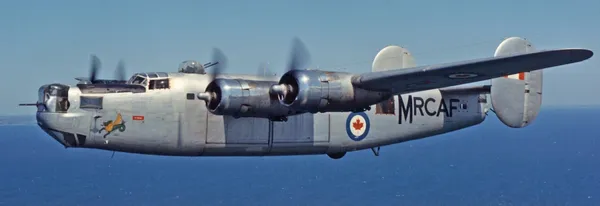108 Squadron (Viribus Contractis). Liberator aircraft AL 577 was en route from Egypt and during the early part of the flight the crew acknowledged orders to return to Egypt as there was bad weather ahead. The aircraft was west of its course when it crashed in high ground at Jenkinstown, near Dundalk, Ireland.
Pilot Officer G.F. King, Flight Lieutenant F.C. Barrett D.F.C. (RAF), and one other RAF member of the crew were also killed.



